Movie
September 23-24, 2025 , 1st Kyoto Conference: Keynote Speech Video
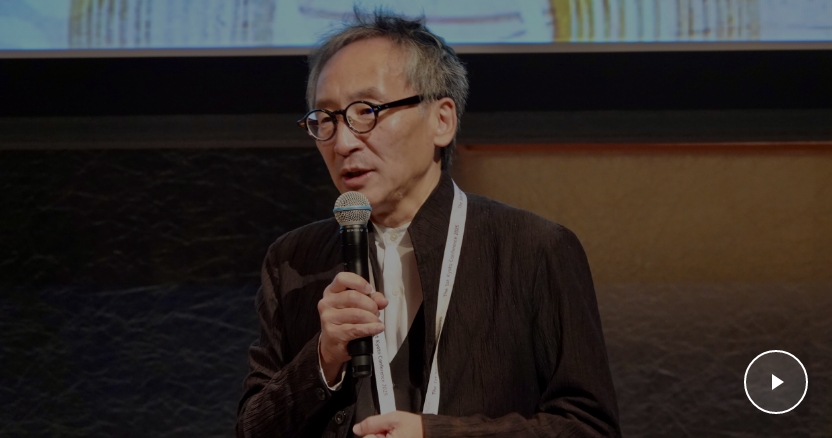
Kyoto Conference Keynote Speech
by Co-chair Deguchi
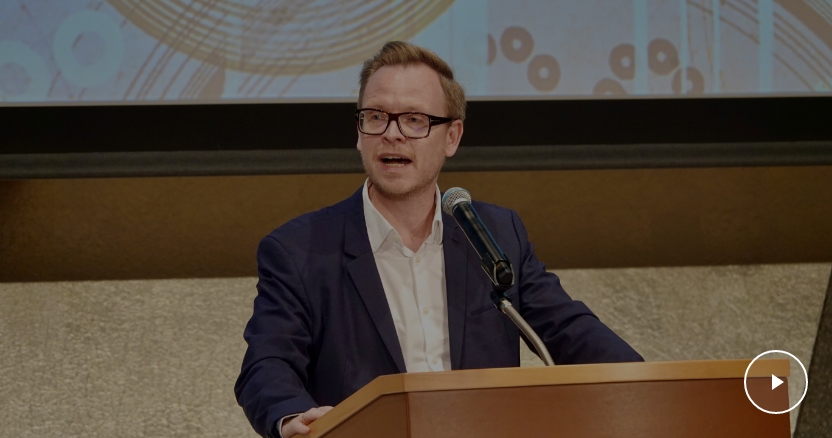
Kyoto Conference Keynote Speech
by Prof. Markus Gabriel































News / Articles

Collaboration with Portuguese academic institutions: Building a foundation for network development — Prof. Deguchi, Prof. Gabriel visit three cities
Professor Yasuo Deguchi (Kyoto University), Co-Chairperson of the Kyoto Institute of Philosophy (KIP), and …
2025.12.23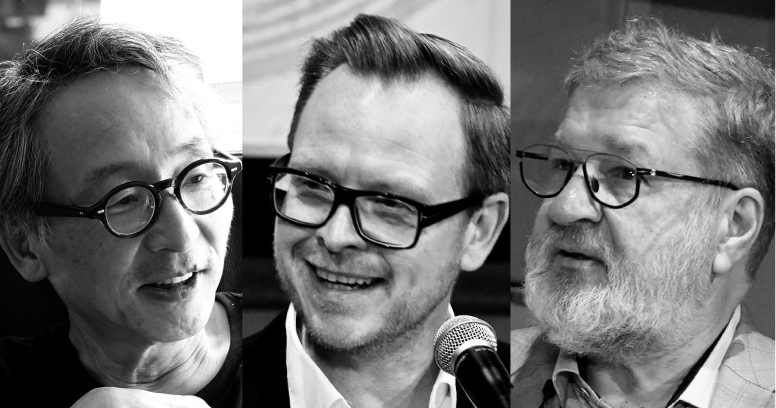
Special issue of Open Philosophy dedicated to Professor Deguchi’s WE-turn published
The Kyoto Institute of Philosophy (KIP) is pleased to announce the publication of a special issue of the op…
2025.12.17
Why philosophy now? – “Zaikai” business magazine features a leading article with an interview with Co-chairperson Sawada
The New Year special issue of the business magazine Zaikai (published on December 10) featured an interview…
2025.12.11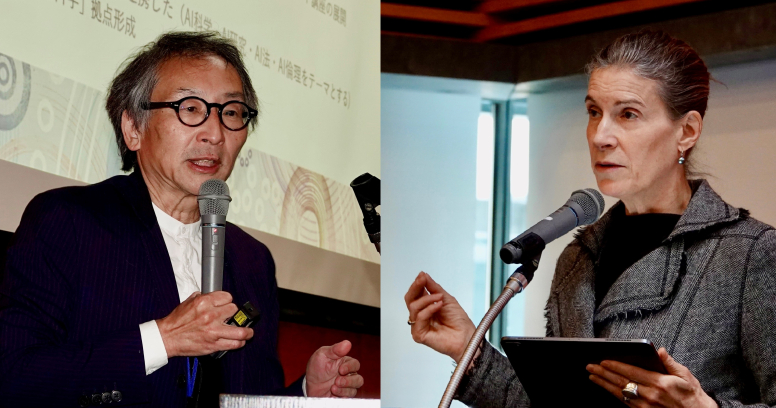
Navigating a Multilayered Society: Kyoto Institute of Philosophy and Kyoto University host inaugural seminar
On November 17, to mark the signing of the comprehensive partnership agreement between both institutions, t…
2025.12.09
Kyoto Univ. and KIP to Host a Seminar on “Humanities for a Multilayered Society of Values”
A seminar commemorating the signing of a comprehensive partnership agreement between Kyoto University and t…
2025.10.27Kyoto Conference
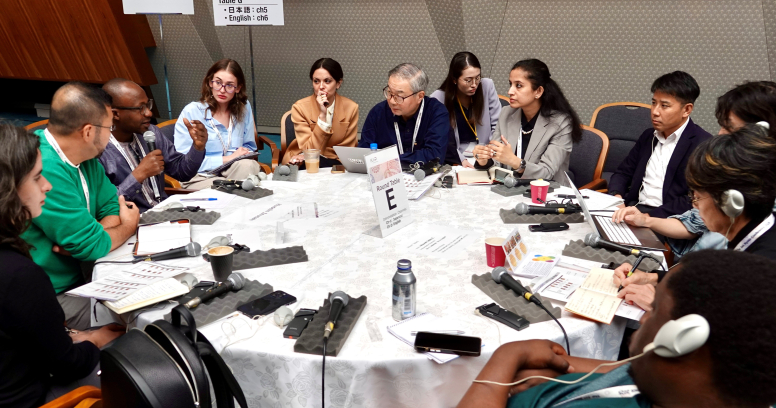
Highlights from the Kyoto Conference 7: Around 70 participants share perspectives in an international setting — small-group dialogues embodying an “empty-centered” approach: Roundtable Part 2
The roundtable sessions were held through mutual dialogue among participants at seven tables across two ven…
2025.12.24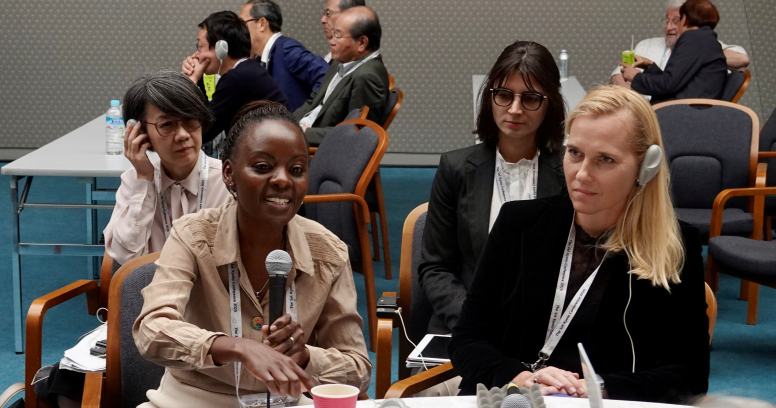
Highlights from the Kyoto Conference 6: Savoring the “contingencies” around the roundtable: Experiencing the appeal of unscripted dialogue: Roundtable Part 1
The roundtable sessions were designed as special venues where participants could directly experience the un…
2025.12.17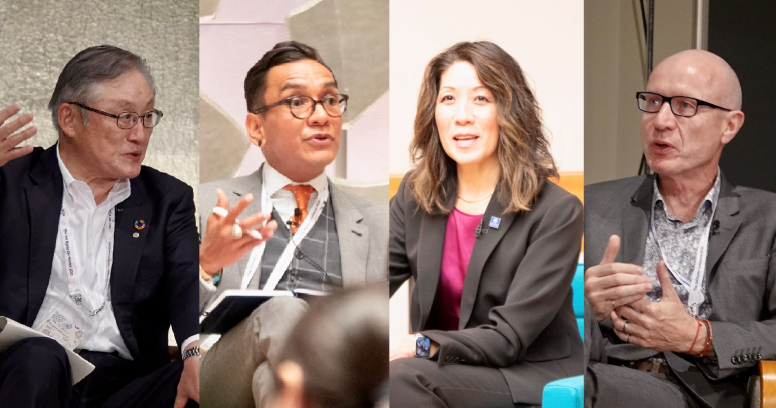
Highlights from the Kyoto Conference 5: Business leaders and civil society take the stage cross-sector dialogue gains momentum: Lunch sessions
After the two morning panel discussions concluded, the clock had passed noon. The program now moved to Part…
2025.12.10
Yomiuri Shimbun senior political writer Keiko Iizuka contributes article on Inaugural Kyoto Conference and AI to “Gaiko” journal
An article concerning the Inaugural Kyoto Conference has been published in the 94th issue of "Gaiko" (Diplo…
2025.12.05
Article on Inaugural Kyoto Conference published in Nikkei Online Edition
An article about the Inaugural Kyoto Conference —Toward the Realization of a Multilayered Society of Values…
2025.12.04Executive
Members





